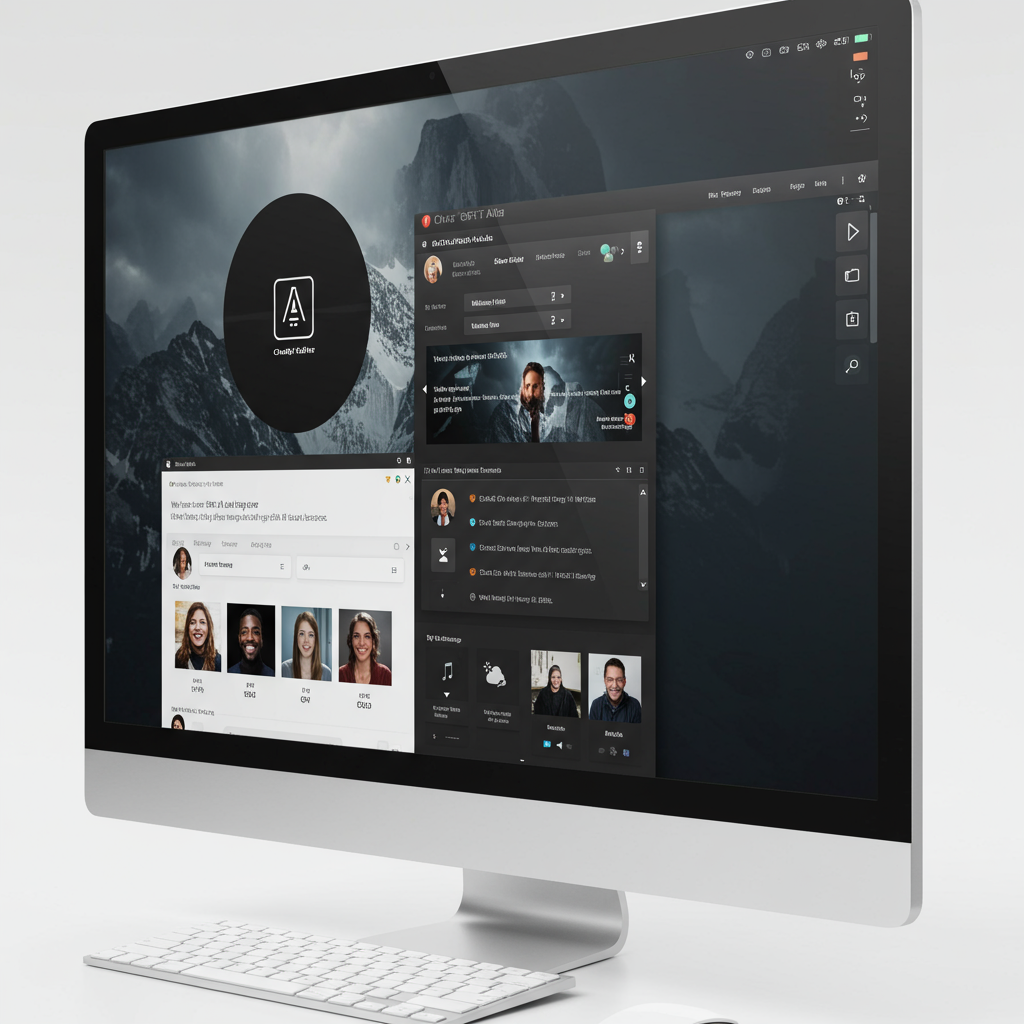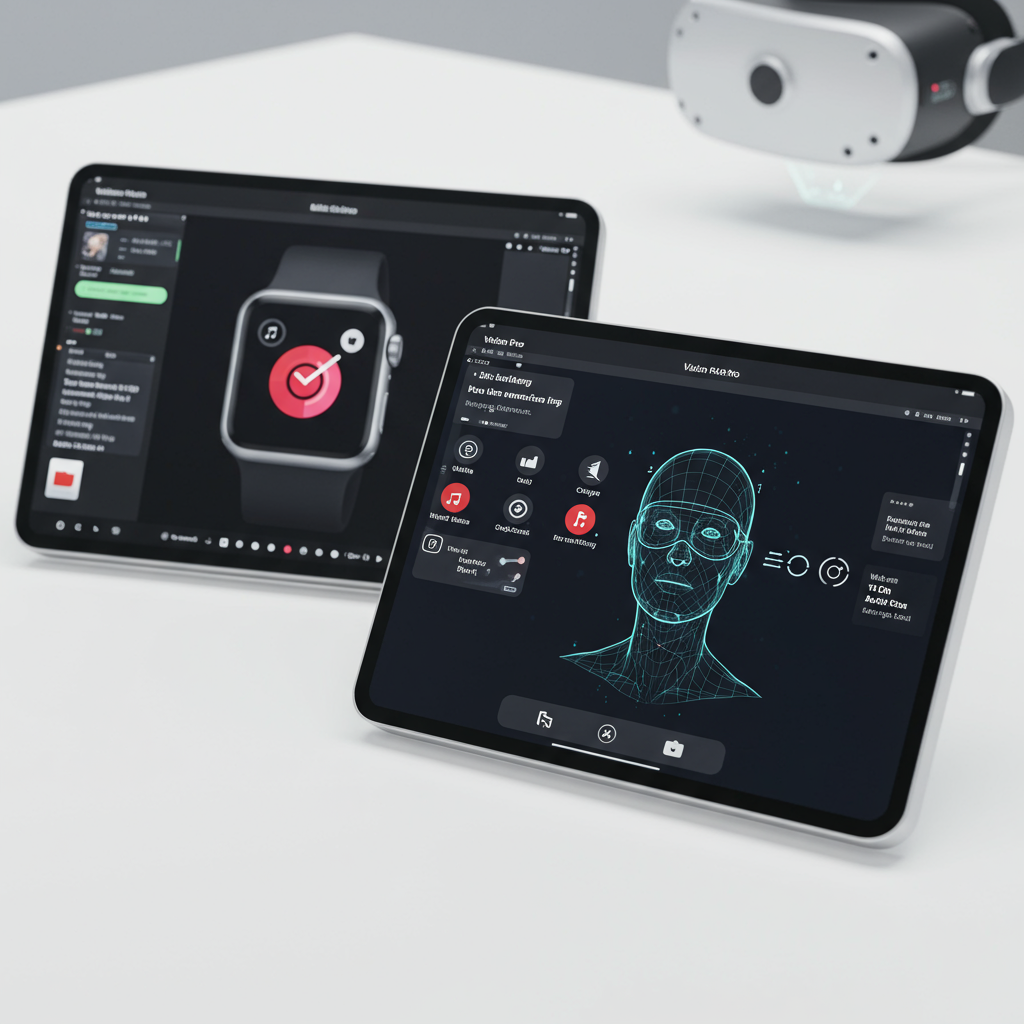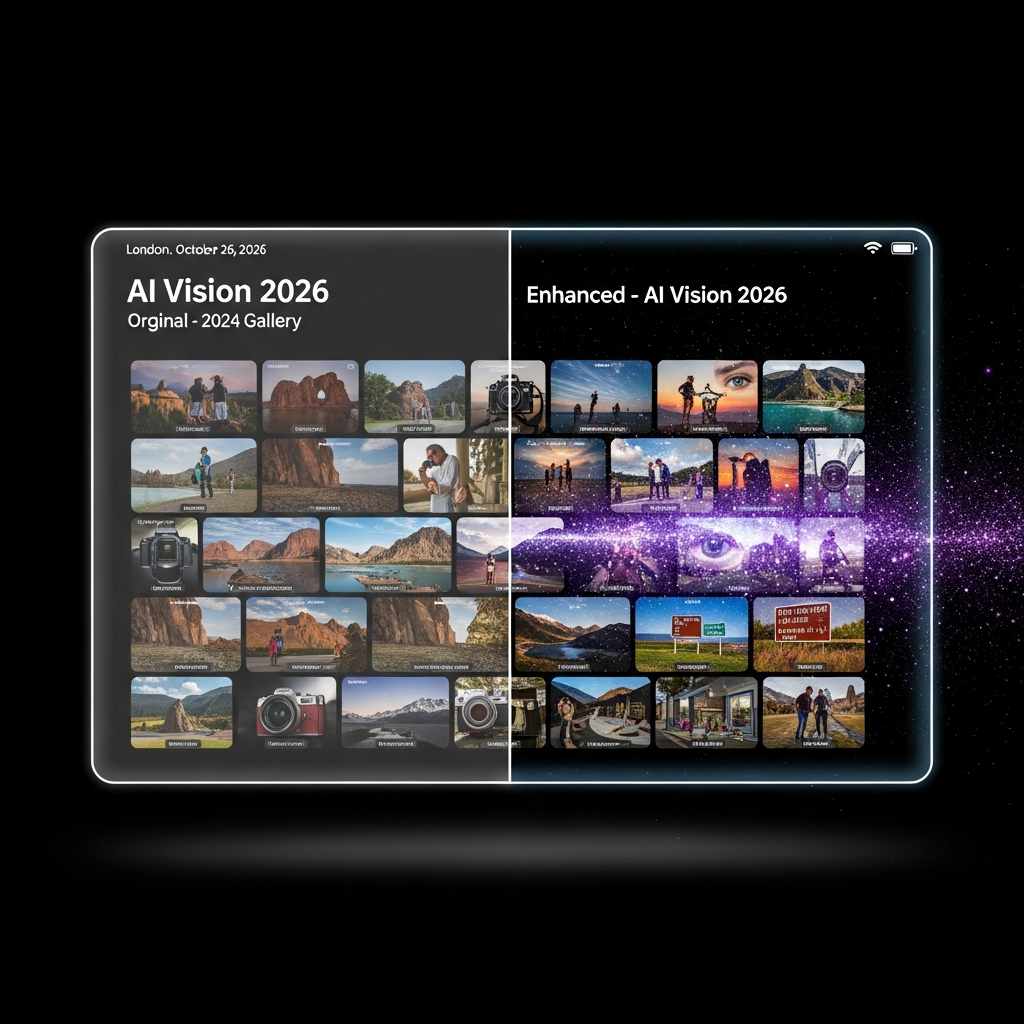The future of web browsing arrived on macOS today with the official launch of ChatGPT Atlas, OpenAI’s highly anticipated AI-powered browser. This groundbreaking release fundamentally redefines how users interact with the internet, embedding advanced artificial intelligence directly into the browsing experience. ChatGPT Atlas promises to streamline workflows, enhance productivity, and offer a truly personalized digital journey, moving beyond the traditional tab-based interfaces that have dominated for decades.
OpenAI’s strategic entry into the browser market, a space traditionally controlled by giants like Google, signals a profound shift. The company aims to position ChatGPT as the “beating heart” of the browser, making AI a constant, intuitive extension of the internet itself. While currently available for Apple users, with Windows, iOS, and Android versions slated for future release, Atlas is poised to challenge existing paradigms and set a new standard for intelligent web navigation.
Unleashing AI Power: The Core Integration of ChatGPT Atlas
At the heart of ChatGPT Atlas lies its deep integration of the ChatGPT chatbot. This isn’t just another browser extension; it’s a foundational redesign that weaves AI into every aspect of web interaction. Users no longer need to switch between tabs, copy, or paste content to engage with the AI assistant.
Seamless Chatbot Interaction
ChatGPT Atlas offers multiple intuitive ways to interact with its integrated AI. When you select a text field, a dedicated icon appears, allowing you to prompt ChatGPT for immediate assistance. OpenAI has demonstrated this capability in real-world scenarios, such as polishing an email draft directly within Gmail. Beyond text fields, a prompt bar is readily available when opening a new tab, serving as a gateway to AI-powered search results. For continuous assistance, a persistent sidebar provides access to converse with ChatGPT at any moment, maintaining context as you browse. Ben Goodger, OpenAI’s Engineering Lead for Atlas, highlighted this by stating users can “chat with their search results,” offering a dynamic alternative to traditional search engine outputs.
Contextual Understanding with “Browser Memories”
A standout feature is ChatGPT Atlas‘s “browser memories” capability. This innovative function allows the browser to learn and remember user preferences and past interactions over time. As you use Atlas, it builds a personalized understanding, which it then leverages to enhance your browsing experience. For example, you could simply type, “re-open the shoes I looked at yesterday,” and ChatGPT would instantly recall and navigate to the specific product page you previously viewed.
OpenAI emphasizes that this memory feature is entirely optional and gives users full control. Settings menus allow for easy management, and like any conventional browser, you can delete your history or opt for an incognito mode for private browsing sessions. Addressing potential privacy concerns, OpenAI has made a critical commitment: it will not use the content users browse through Atlas to train its future AI models, ensuring user data remains private.
Beyond Browsing: The Revolutionary “Agent Mode”
ChatGPT Atlas takes AI integration a step further with its groundbreaking “agent mode.” This feature allows ChatGPT to go beyond mere assistance, autonomously surfing the web and completing complex tasks on behalf of the user.
Automated Task Completion
Building upon the “Operator tech” that debuted earlier in the year, agent mode transforms the browser into a powerful productivity tool. It empowers ChatGPT to undertake multi-step, web-based tasks, significantly reducing manual effort. Examples of its utility include booking reservations or flights, creating project management tickets from a Google Doc, or even automatically ordering groceries based on an online recipe. Adam Fry, product lead for ChatGPT Search, underscored its practical benefits, noting it “can help you book reservations or flights or even even just edit a document that you’re working on.” While the basic browsing experience is accessible to all, the full capabilities of agent mode are initially available as a preview for Plus, Pro, and Business account holders.
The Promise and Pitfalls of Agentic AI
While agent mode offers immense potential, the broader industry acknowledges that reliable automation of highly complex tasks through agentic AI is still evolving. Early testing, including that by TechCrunch, indicates that while these agents perform adequately for simple requests, they “struggle to reliably automate the more cumbersome problems” that users typically seek to offload. OpenAI recognizes that this advanced functionality is a work in progress, and stresses that users are “always in control,” allowing them to oversee and intervene with the AI’s actions. Given that such tasks often involve personal data and financial transactions, the accuracy and trustworthiness of agent behavior remain paramount.
A New Frontier in Web Browsing: The Competitive Landscape
OpenAI’s venture into the browser space with ChatGPT Atlas is a bold move into an already competitive market. CEO Sam Altman, during the announcement livestream, articulated the company’s motivation, remarking, “Tabs are great but we haven’t seen a lot of browser innovation since then.” He described Atlas as “a great browser all-around — it’s smooth, it’s quick, it’s really nice to use,” highlighting both its advanced functionality and user-centric design.
Challenging the Status Quo
ChatGPT Atlas is positioned as an “ultimate AI experience center,” directly challenging the entrenched dominance of Google Chrome and the traditional search model. OpenAI’s ambition is to fundamentally reshape how users discover information online, replacing traditional search with a chat-based interaction where ChatGPT provides direct, generated answers. Nick Turley, Head of ChatGPT, expressed inspiration from how browsers redefined operating systems, believing ChatGPT can similarly revolutionize online task completion.
The Rise of AI Browsers
The launch of ChatGPT Atlas follows a trend of other companies entering the AI-enhanced browser arena. Companies like Opera and Perplexity, with its “Comet” browser, have already released their own “agentic” browsers. The Browser Company also offers “Dia,” another AI-centric option. Not to be outdone, established players are rapidly integrating AI into their platforms. Google plans to embed its Gemini AI assistant more deeply into Chrome, the world’s most popular browser, in the coming months. Similarly, Microsoft Edge continues to evolve its AI functionalities. This intense competition underscores a broader industry pivot towards AI-enhanced web browsing, potentially pressuring companies like Apple to integrate similar capabilities into Safari to maintain competitiveness.
Navigating the Future: Potential Challenges and User Adoption
Despite its innovative features, ChatGPT Atlas faces significant hurdles, particularly in attracting a substantial user base in a market dominated by tech giants.
Overcoming Browser “Stickiness”
One of the primary challenges for OpenAI is overcoming browser “stickiness.” Google Chrome alone boasts over 3 billion global users, many of whom default to it due to bundled integration rather than active choice. For Atlas to gain significant adoption, it must offer demonstrably superior functionality and a compelling reason for users to switch from their deeply entrenched browsing habits. Maginative’s analysis points out that its success hinges on whether users truly desire such deep AI integration into their everyday experience.
Privacy and Trust Concerns
While the “memories” feature offers convenience, it also raises legitimate concerns about surveillance and trust. Browsers handle some of a user’s most sensitive data, including passwords and banking information. OpenAI’s commitment not to use browsing content for model training is a crucial first step, but the company must continually demonstrate robust security and transparent privacy measures to build and maintain user confidence. The value proposition of Atlas relies heavily on monitoring user patterns, creating a delicate balance between personalization and privacy.
User Demand and Practical Value
The actual user demand for such a “helpful” browser is another open question. Many of the tedious tasks demonstrated, such as calculating recipe ingredients or filling out forms, are already addressable by existing browser extensions. The critical inquiry, as posed by Maginative, is what unique problem Atlas solves that a separate ChatGPT tab couldn’t, beyond simply saving a few copy-paste actions. While the agent features are genuinely innovative, their initial limited availability to premium tiers and on a single platform (macOS) restricts their immediate impact on the broader user base. Ultimately, Atlas needs to prove it’s more than just an “AI chat interface that happens to browse websites” to achieve widespread success.
Frequently Asked Questions
What unique features does ChatGPT Atlas offer compared to traditional browsers?
ChatGPT Atlas revolutionizes browsing by deeply integrating the ChatGPT AI assistant directly into its interface. Unlike traditional browsers, it offers seamless chatbot interaction within any text field, a persistent AI sidebar, and AI-powered search results. Key differentiators include “browser memories,” which learn user preferences for personalized experiences, and an “agent mode” (for premium users) that allows the AI to autonomously complete complex web tasks like booking flights or filling forms, significantly enhancing productivity and streamlining workflows.
Which platforms is ChatGPT Atlas available on, and what are its future plans?
ChatGPT Atlas initially launched exclusively on macOS for all ChatGPT user tiers, including Free, Plus, Pro, and Business accounts. OpenAI has confirmed plans to expand its availability to other major platforms in the near future, with Windows, iOS, and Android versions currently under development. While the basic browsing experience is universally accessible, advanced features like the full “agent mode” are primarily available to Plus, Pro, and Business subscribers.
What are the potential benefits and challenges of switching to ChatGPT Atlas?
Switching to ChatGPT Atlas could offer substantial benefits in productivity through its integrated AI, streamlined workflows, and personalized browsing. The agent mode, in particular, promises to offload tedious web tasks. However, significant challenges include overcoming browser “stickiness” from established options like Chrome, addressing potential user privacy concerns despite OpenAI’s commitments, and proving that its unique AI features offer demonstrably superior value beyond existing browser extensions. Its long-term success will hinge on reliability and widespread user adoption.
Conclusion
The launch of ChatGPT Atlas marks a pivotal moment in the evolution of web browsing. OpenAI’s vision of an AI-powered browser, where the chatbot acts as a constant, intelligent companion, represents a significant step forward in digital interaction. By embedding AI directly into the browser’s core, Atlas offers a glimpse into a future of highly personalized, efficient, and intelligent online experiences. While the road ahead involves navigating a competitive market and addressing crucial questions of user adoption and privacy, ChatGPT Atlas undeniably sets a new benchmark for innovation in the browser space. As it rolls out to more platforms and refines its agentic capabilities, it will be fascinating to observe how this game-changing AI browser shapes the way we interact with the internet.



